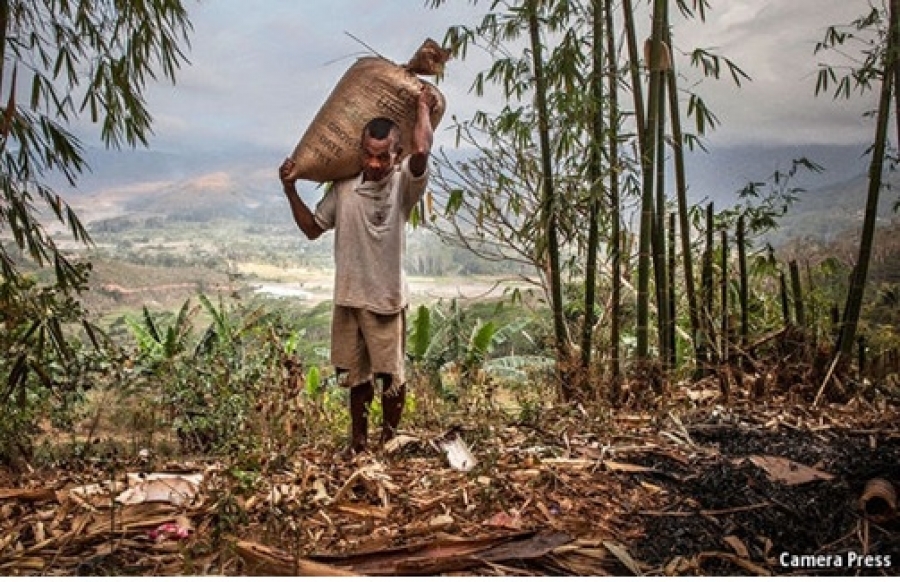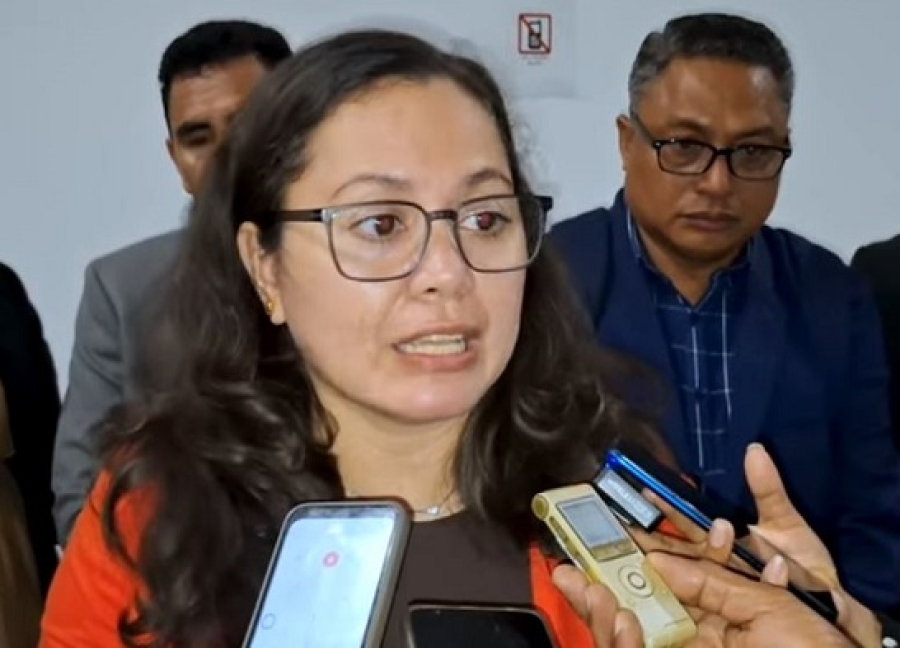DILI - COFFEE trees loom over a village in the hills above Dili, the capital of Timor-Leste. Though their fruit has provided income for decades, Alarico Soares De Cruz, the local headman, says the pickings are gradually growing slimmer. Some of the trees are 40 years old, he explains, and ought to be pruned or completely replanted. But doing so would mean sacrificing the next couple of harvests, and no one is eager for that.
This month marks 15 years since Timor-Leste gained its independence after a quarter-century of oppressive Indonesian rule. In that time its leaders have stitched together a relatively stable democracy and brought electricity to its remote hamlets.
But they have struggled to reduce widespread poverty among the 1million odd Timorese, or to revive ailing farms. With reserves of oil and gas dwindling, the government is ploughing the country’s savings into grand development schemes. But some fear they could lead to ruin. A general election in July provides a chance to change direction, but voters seem unlikely to seize it.
Timor-Leste has pocketed more than $18bn from Bayu-Undan, its biggest oil and gas field, since its first wells were sunk in 2004. But this income looks set to vanish entirely by 2023, as the field runs dry (see chart). Although a sovereign-wealth fund worth around $16bn will provide a cushion, the government has been dipping deep into this capital lately to fund investments. Last year La’o Hamutuk, a dogged local think-tank, warned that at present spending rates the cash pile could evaporate within ten years.
A handful of industries could sustain Timor in the lean years ahead. The most obvious is agriculture.
The coffee business provides some income to about a third of all households; coffee is the country’s only significant export apart from oil. Yet the government reckons that around a third of the country’s coffee trees are unproductive, withered by age and neglect; others yield only a fraction of what should be achievable. Coffee farmers are producing only about a quarter of the quantities that were shipped during the industry’s colonial heyday.
Another opportunity is to draw in more tourists. A survey published in 2014 by the Asia Foundation, a charity, found that foreigners mostly diplomats, development workers and their guests were spending about as much on leisure as the country was earning from exporting its coffee.
Timor has pristine reefs, unspoilt hillsides and a compelling national story. Peeling away even a tiny fraction of the 4m holidaymakers who visit nearby Bali each year could make a big difference to the country’s fortunes.
The government is trying to foster both industries. After some missteps Timor’s tourism ministry has cooked up a natty logo and a flashy website. International outfits such as the Asian Development Bank are working to help boost coffee production; some Timorese beans are sold in Starbucks. Fernando Santana of the agriculture ministry says it plans to use a mixture of education and incentives to help farmers rejuvenate some 500 hectares of coffee plants this year.
The problem is that the government is devoting more time and money to a few risky mega-projects than to these worthy but dull schemes. A new port, the country’s first public-private partnership, is being built west of Dili.
It may gradually cheapen imports but will not immediately boost Timor’s home-grown industries.







